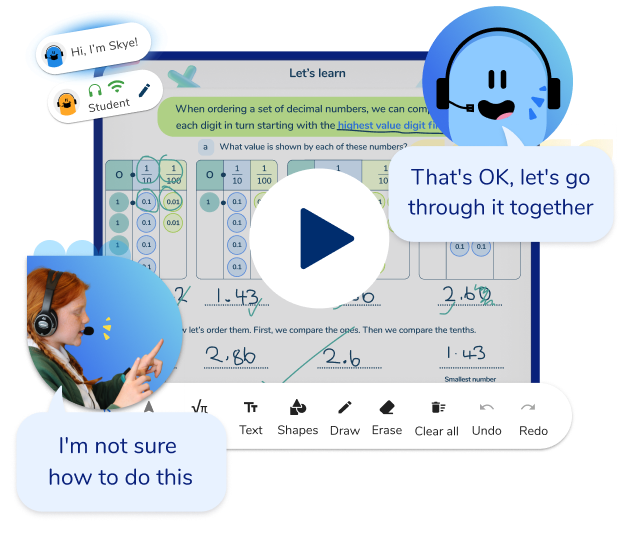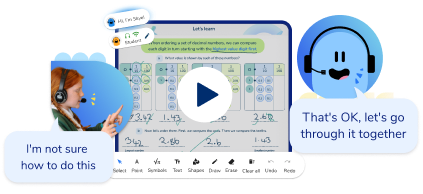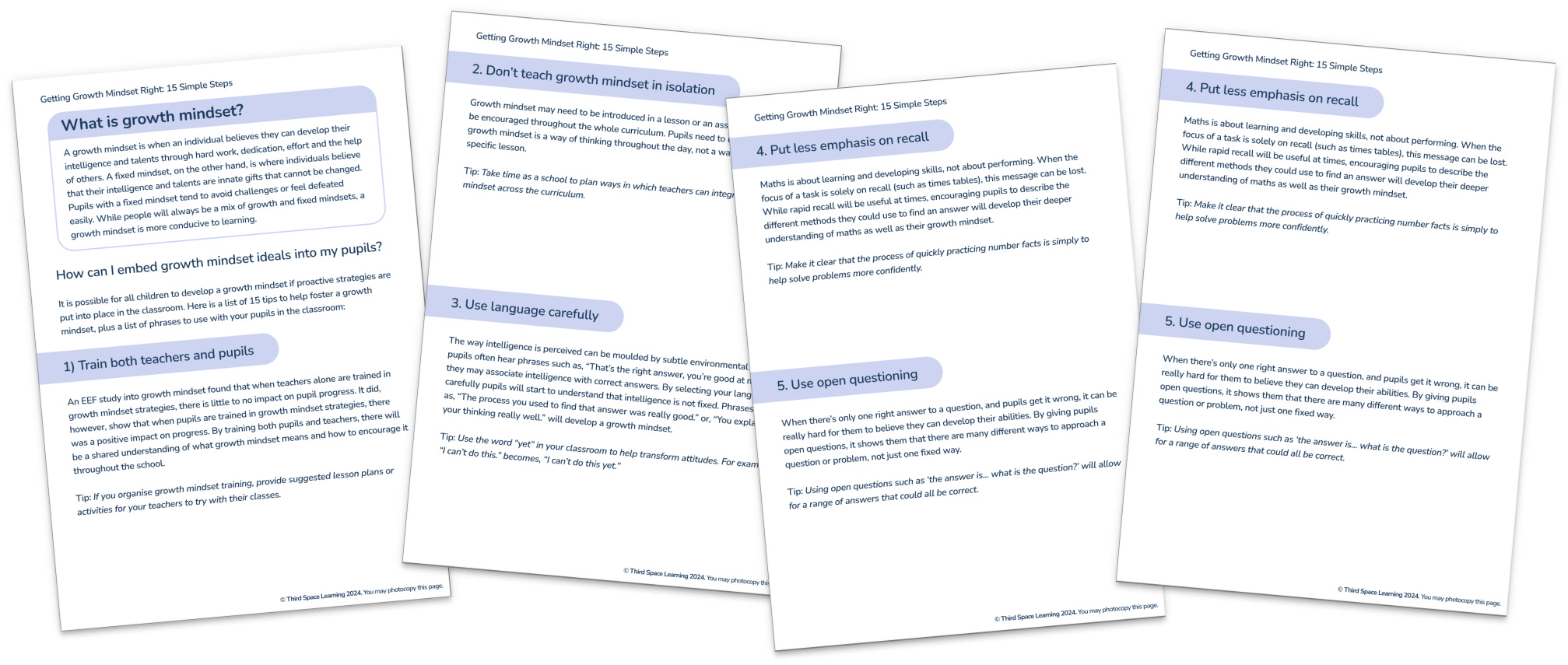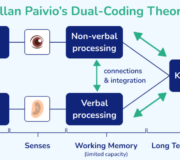What Is A Growth Mindset And What Does It Mean For Kids And Parents
The concept of a growth mindset has now become common parlance outside the education sphere into parenting advice. Here we look at how parents understanding of growth mindset can help in the development of their children.
To help make sense of it all, we’re drawing on our own experience implementing some of the recommendations with the 20,000 children we teach every year and of course on Carol Dweck’s original research regarding fixed mindset and growth mindsets.
This blog is part of our series of blogs designed for parents and teachers supporting home learning and looking for home learning resources.
What is a growth mindset?
A growth mindset is a belief that basic abilities are not fixed and that intelligence can be developed over time. Through effort and determination, intelligence and basic qualities can grow.
A person with a growth mindset might say ‘I did well on that test because I worked hard’ or conversely ‘I got all the fractions questions wrong but I understand why and next time I will not make the same mistakes again.’
Getting Growth Mindset Right
Download this FREE resource that tells you everything you need to embed growth mindset culture in your primary school.
Download Free Now!What is a fixed mindset?
A fixed mindset is a belief that intelligence cannot be changed in any meaningful way. The starting point is that people have an innate amount of intelligence which is fixed and there’s little one can do to change this.
A person with a fixed mindset might say ‘I did well on that test because I am clever’ or conversely ‘I’m no good at maths which is why I got all the fractions questions wrong.’
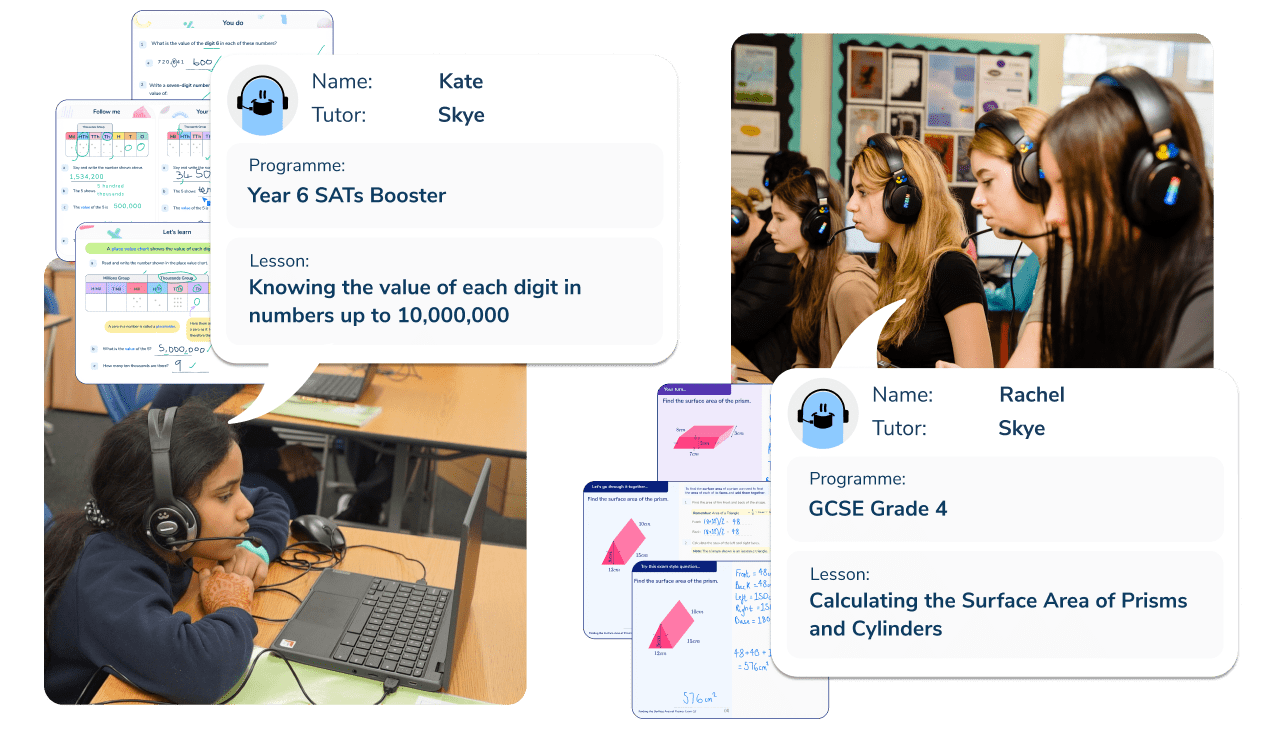
Meet Skye, the voice-based AI tutor making maths success possible for every student.
Built by teachers and maths experts, Skye uses the same pedagogy, curriculum and lesson structure as our traditional tutoring.
But, with more flexibility and a lower cost, schools can scale online maths tutoring to support every student who needs it.
Watch Skye in actionGrowth mindset vs fixed mindset
A growth mindset has been linked with better life long outcomes, test results and self esteem through to secondary school or high school and beyond.
The concept of fixed and growth mindsets was first brought to public notice through the work of psychologist Carol Dweck at Stanford University in a publication entitled ‘Mindset: the new psychology of success’ Her research has become popular across the world, and many schools and classrooms now undertake growth mindset activities to build children’s confidence and support the development of a growth mindset, which in turn develops their resilience, metacognitive skills and success in class.
It should be noted that there are many different interpretations of the value of growth mindset, with some even questioning the validity of Carol Dweck’s evidence. But the principles of growth mindset for kids are worth knowing about as a way to manage your feedback and praise with children.
Take a look at the TED Talk for more insight into theory of growth mindset.
Why should you encourage a growth mindset for your child?
1) A growth mindset will increase your child’s love of learning
Children with a fixed mindset are afraid to try new things because they don’t want to look dumb. Their goal is to look smart and avoid tasks they could fail at.
Over time, this means they are less likely to enjoy the process of learning because they are more concerned with demonstrating what they already know rather than making the effort and putting in the hard work to develop new abilities.
Children with a growth mindset view tasks that challenge them as their favourite tasks of all. This positive view of challenge helps to fuel a spirit of curiosity, giving children the confidence to engage fully with the learning process and develop their problem solving skills all while having fun.
2) A growth mindset will improve your child’s exam results
Dweck’s study followed hundreds of students through their transition from primary to secondary school. She found that those who had a growth mindset achieved higher grades when compared to those with a fixed mindset, despite all starting at a similar level. This is because their goal is to learn, even if that means appearing dumb to their peers when learning something new.
3) A growth mindset will set your child up for life
Einstein wasn’t the man he was when he as born. He developed his ability over his life, seeking challenges to grow his brain. He put in the effort year after year to ensure he kept learning at all costs. Difficulty, he thought, was a positive thing. Something to move towards rather than run away from.
Instilling this philosophy at a young age will ensure your child has the right priorities going forward.
We know that life can be difficult sometimes. If they understand that the price of learning something new means making a few mistakes here and there, they won’t be so bothered about trying to cover them up. Instead, they can focus on becoming who they want to be: growing their brains like little Einsteins!
3 tips to encourage a growth mindset
1) Don’t talk about growth mindset in isolation
Sitting your child down and telling them about what it means to have a growth mindset is not going to transform their world in an instant. A longer term approach will ensure your child reaps the benefits of a growth mindset, with their attitude starting to reflect your attitude.
To start embedding good practice at home, you could design a ‘growth mindset’ board to display some growth mindset phrases.
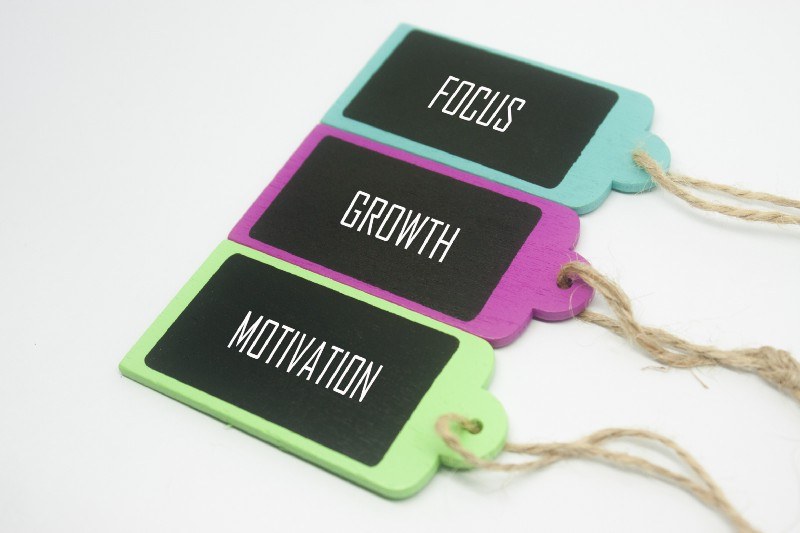
2) Use appropriate language
Dweck’s research indicates that views on intelligence are influenced in part by the language they are surrounded by.
When providing praise, focusing on the process rather than the result or person is a step in the right direction.
This means using phrases such as ‘thank you for your effort on that task’ rather than ‘well done on getting all those questions correct’ to start changing what is seen as valuable. Over time, your child will start to prize perseverance over correctness, building the resilience necessary for success going forward.
Importantly, it means avoiding phrases such as: ‘Not everyone is good at maths — I never understood it’ and instead focusing on ‘how they may not be good at maths YET.’
Indeed, the word ‘yet’ is truly powerful in helping to foster a growth mindset. You can hear more about the power of yet by watching this video:
3) Value mistakes and challenge
Growth mindset theory illustrates how mistakes are an opportunity to learn. You could use these occasions to remind children that everytime they learn something new, including why they got something wrong, their brain grows!
Rewarding children who spot their mistakes will take you another step closer to embedding a growth mindset. Indeed, some parents have taken the step of making banners with the title: ‘It’s ok to make mistakes’ to help change their child’s attitude.
Through all this, challenges should be seen in a positive way as an opportunity for growth. Instead of focusing on carrying out tasks in areas your child is comfortable with, encourage your child to move outside of their comfort zone to attempt new things and to try new strategies. Of course there will be some challenge involved, but this is good!
You could ask the question: ‘Did you have any fabulous struggles today?’ to encourage your child to view challenge through a positive lens, allowing their brain to get even bigger!
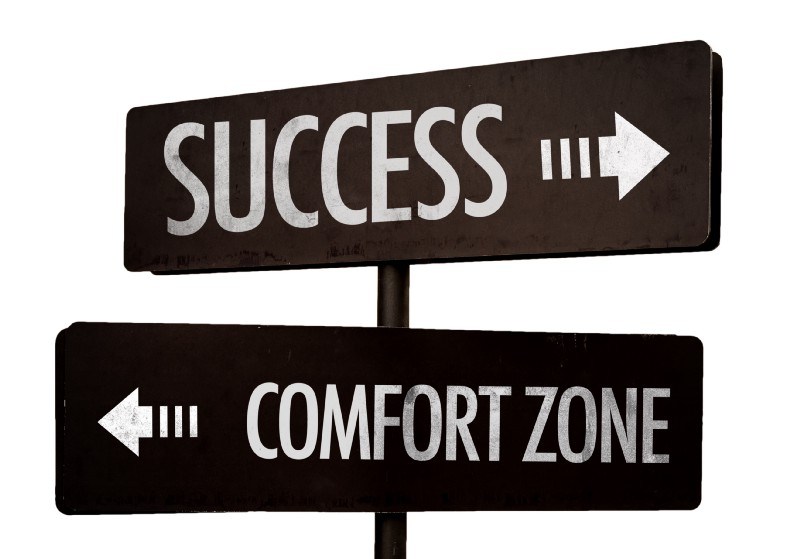
DO YOU HAVE STUDENTS WHO NEED MORE SUPPORT IN MATHS?
Skye – our AI maths tutor built by teachers – gives students personalised one-to-one lessons that address learning gaps and build confidence.
Since 2013 we’ve taught over 2 million hours of maths lessons to more than 170,000 students to help them become fluent, able mathematicians.
Explore our AI maths tutoring or find out about maths tuition for your school.
